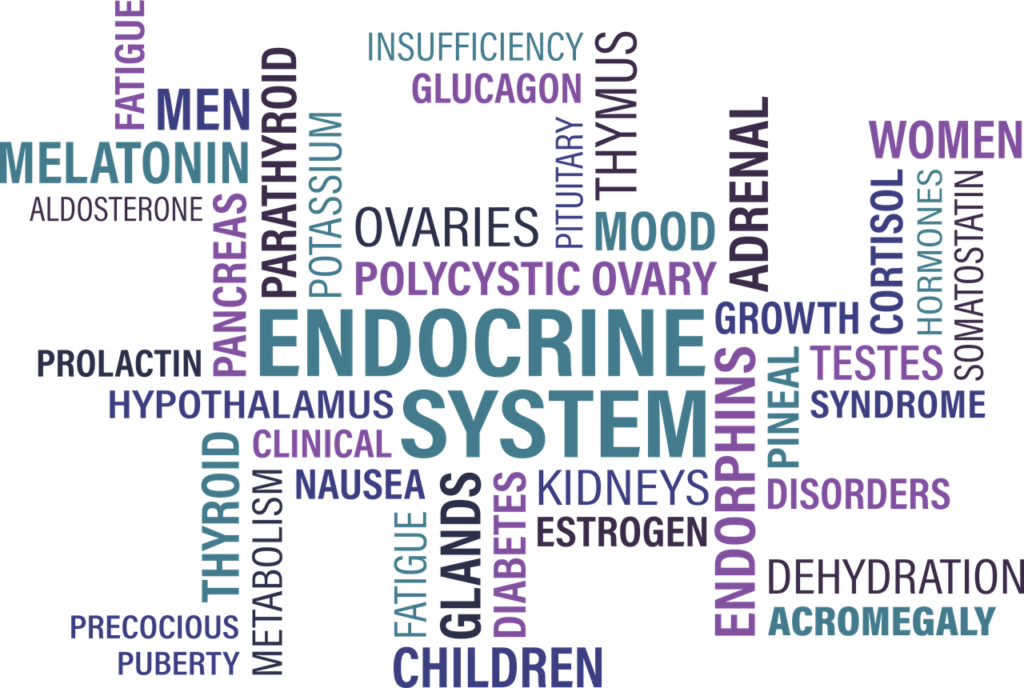Hypothyroidism is a common thyroid disorder characterized by an underactive thyroid gland, which leads to insufficient production of thyroid hormones. This condition can have a significant impact on overall health and well-being. In this article, we will explore the signs and symptoms of hypothyroidism, the importance of blood tests in diagnosing the condition, available treatment options, and dietary considerations including foods to avoid. If you are searching for a skilled physician or general physician in Delhi to manage your hypothyroidism, read on for valuable insights.
Signs and Symptoms of Hypothyroidism:
Hypothyroidism exhibits various signs and symptoms, such as unexplained weight gain, fatigue, dry skin, hair loss, sensitivity to cold, depression, and constipation. Recognizing these symptoms is crucial for early detection and effective management.
Diagnosing of Hypothyroidism through Blood Tests:
Accurate diagnosis of hypothyroidism relies on comprehensive blood tests. These tests measure thyroid-stimulating hormone (TSH) and thyroid hormone levels to assess thyroid gland function and confirm the presence of hypothyroidism.
Treatment Options for Hypothyroidism:
After diagnosis, a personalized treatment plan will be developed by your physician. The primary approach involves synthetic thyroid hormone replacement medication, which compensates for insufficient hormone production. Regular follow-up visits and medication adjustments are necessary to maintain optimal hormone levels.
Dietary Considerations and Foods to Avoid:
In addition to medication, adopting a healthy diet can support thyroid function. Some foods can interfere with thyroid medication absorption or hinder iodine uptake, potentially exacerbating hypothyroidism symptoms. It is advisable to limit or avoid goitrogenic foods such as cabbage, broccoli, cauliflower, soy-based products, and excessive amounts of raw cruciferous vegetables.
Conclusion
Managing hypothyroidism requires a comprehensive approach involving medication, regular monitoring, and lifestyle modifications. By understanding the signs and symptoms, the importance of blood tests in diagnosis, available treatment options, and dietary considerations, you can actively participate in your journey towards better thyroid health. When searching for the best general physician in Delhi, conduct thorough research and seek recommendations to find a healthcare provider who can guide you through effective management strategies. With proper medical care and lifestyle adjustments, you can lead a fulfilling life while effectively managing hypothyroidism.

